Historical events on June 7
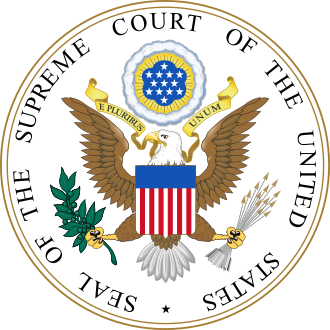
JUNE 7, 1965
The U.S. Supreme Court ruled in Griswold v. Connecticut that a Connecticut law prohibiting the use of contraceptives violated the "right to marital privacy".
The Supreme Court of the United States (SCOTUS) is the highest court in the federal judiciary of the United States. It has
Read More

JUNE 7, 1948
Anti-Jewish riots broke out in the French protectorate in Morocco, during which 44 people were killed and 150 injured.
Anti-Jewish riots occurred on June 7–8, 1948, in the towns of Oujda and Jerada, in the French protectorate of Morocco in response
Read More
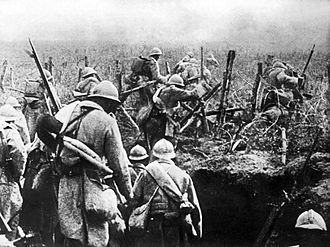
JUNE 7, 1917
First World War: The British Army detonated 19 ammonal mines under German lines, killing perhaps 10,000 in the deadliest non-nuclear man-made explosion in history during the Battle of Messines.
World War I or the First World War, also known as the Great War, was a global conflict between two coalitions: the
Read More
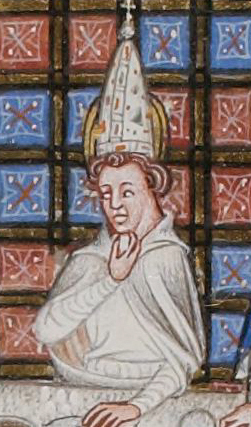
JUNE 7, 879
Pope John VIII officially recognised Croatia as an independent state, and Branimir (monument pictured) as its duke.
Pope John VIII was the bishop of Rome and ruler of the Papal States from 14 December 872 to his death. He
Read More
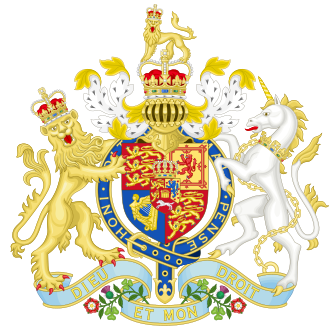
JUNE 7, 1832
The Reform Act, which is widely credited with launching modern democracy in the United Kingdom, received royal assent.
The Representation of the People Act 1832 was an act of the Parliament of the United Kingdom, enacted by the Whig government
Read More
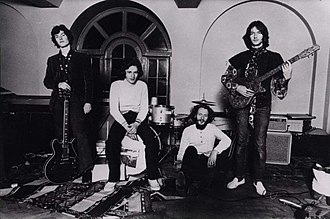
JUNE 7, 1969
In their only UK concert, the rock supergroup Blind Faith, featuring Eric Clapton, Steve Winwood and Ginger Baker, debuted in London's Hyde Park in front of 100,000 fans.
Blind Faith were an English rock supergroup that consisted of Steve Winwood, Eric Clapton, Ginger Baker, and Ric Grech. They followed the
Read More
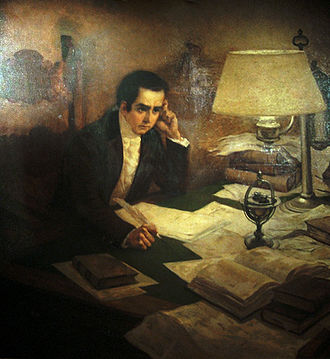
JUNE 7, 1810
Journalist Mariano Moreno published Argentina's first newspaper, the Gazeta de Buenos-Ayres.
Mariano Moreno was an Argentine lawyer, journalist, and politician. He played a decisive role in the Primera Junta, the first national government
Read More
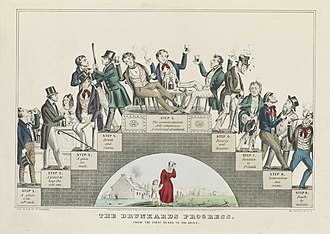
JUNE 7, 1900
American temperance activist Carrie Nation entered a saloon in Kiowa, Kansas, and destroyed its stock of alcoholic beverages with rocks.
In the United States, the temperance movement, which sought to curb the consumption of alcohol, had a large influence on American politics
Read More
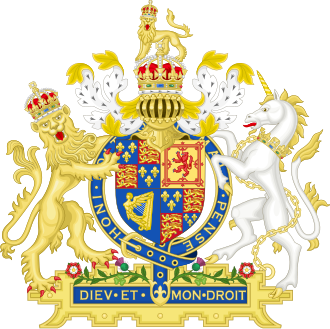
JUNE 7, 1628
The Petition of Right, a major English constitutional document that set out specific liberties of individuals, received royal assent from King Charles I.
The Petition of Right, passed on 7 June 1628, is an English constitutional document setting out specific individual protections against the state,
Read More
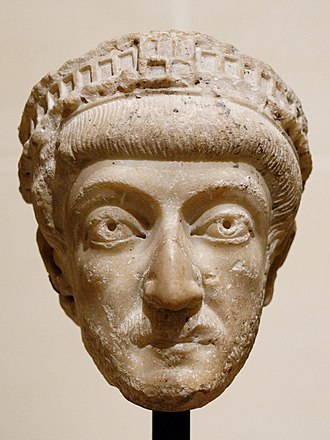
JUNE 7, 421
Roman emperor Theodosius II married Aelia Eudocia (pictured), who later helped to protect Greek pagans and Jews from persecution.
Theodosius II, called "the Calligrapher", was Roman emperor from 402 to 450. He was proclaimed Augustus as an infant and ruled as
Read More
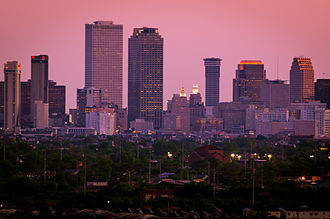
JUNE 7, 1892
Homer Plessy, a mixed-race man from New Orleans, was arrested for refusing to leave his seat in the "whites-only" car of a train; he lost the resulting court case, Plessy v. Ferguson.
Homer Adolph Plessy was an American shoemaker and activist who was the plaintiff in the United States Supreme Court decision Plessy v.
Read More

JUNE 7, 1981
The Israeli Air Force attacked a nuclear reactor under the assumption that it was about to start producing plutonium to further an Iraqi nuclear-weapons program.
The Israeli Air Force operates as the aerial and space warfare branch of the Israel Defense Forces (IDF). It was founded on
Read More

